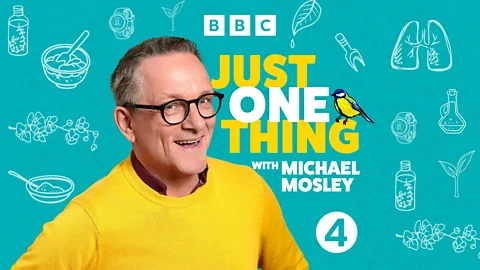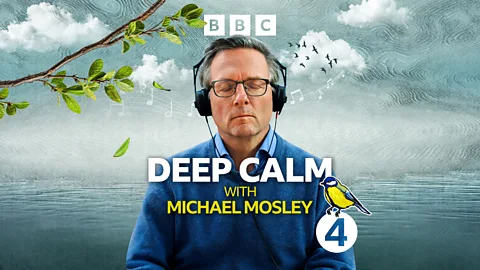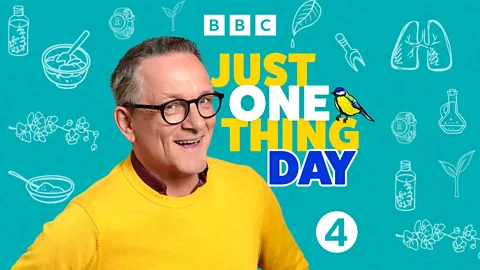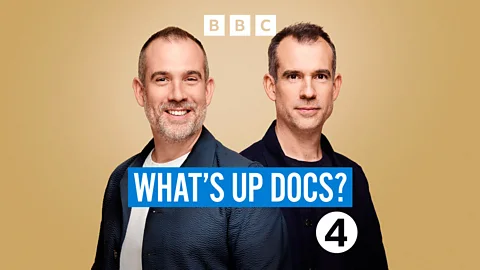
Just One Thing - with Michael Mosley
Just One Thing - with Michael Mosley
Snack Smartly
Up next
February 28, 2024
14 minutes
Available for over a year
We are a nation of snackers and we tend to get a whopping 25% of our daily calories from our snacks. But surprisingly, snacking isn’t necessarily bad for our health. Dr Sarah Berry at Kings College London explores a pragmatic approach to snacking, and tells Michael how what you snack on and when you snack has the greatest impact on your health. You don’t have to stop snacking - just snack smartly by swapping in some less-processed options. Our volunteer Denise, a hotel facilities manager from Liverpool, tries to reap the benefits of better snacks.
Series Producer: Nija Dalal-Small
Science Producer: Catherine Wyler
Researcher: Sophie Richardson
Researcher: Will Hornbrook
Production Manager: Maria Simons
Editor: Zoe Heron
A BBC Studios production for BBC Sounds / BBC Radio 4.



